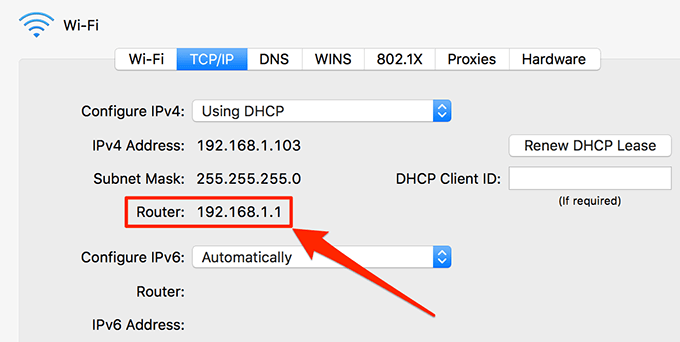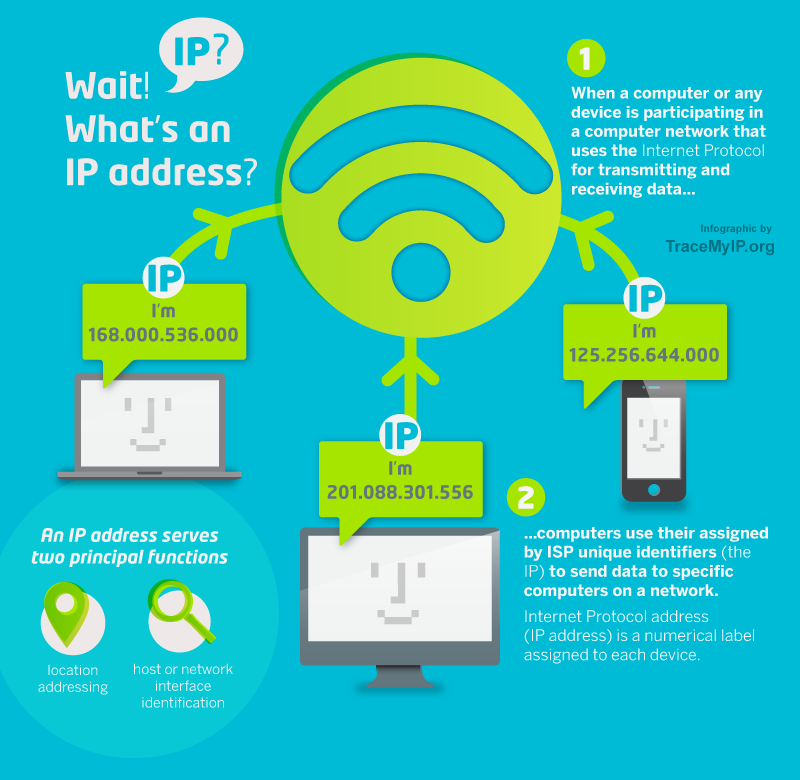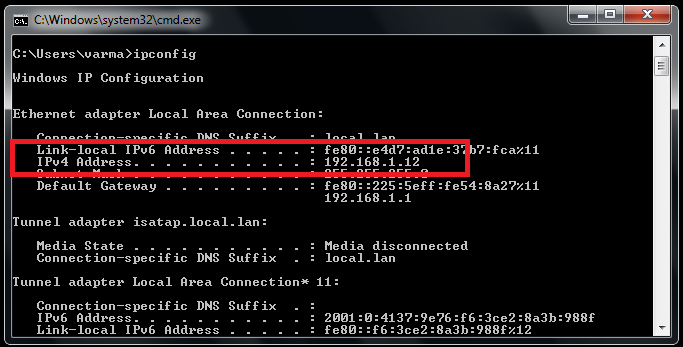
That's because ISPs dole out a range of IP addresses. What you'll also find is that there's lots of information about you attached to that IP address, specifically your ISP's name and your general location (called a GeoIP). This can be particularly handy for things like VoIP calls or remote control software. There may come a time when you need to know the IP address of your router, as assigned by your ISP. That's all good to know, but how do you find your IP address? That offers a lot more than 4 billion addresses. So, there's also IPv6, which is 128-bit, with eight groups of four hexadecimal digits (numbers and lower-case letters mixed), all separated by a colon (for example: 2001:0db8:85a3:0000:0000:8a2e:0370:7334). However, this limited the world to a possible 4+ billion IP addresses, which isn't enough. This format is used by IP version 4 (or IPv4). IP addresses are typically in the same format as a 32-bit number, shown as four decimal numbers each with a range of 0 to 255, separated by dots-each set of three numbers is called an octet. You could also get a static IP for your router-which is handy if you run a web server, for example, but expect your ISP to charge extra. However, you can set up "static IP addresses" on computers so they never change-this can be important for some kinds of network communications, especially if it's crucial to be able to find that same node over and over. If you have an IP address assigned, it's typically considered a "dynamic IP" because it could be temporary the router might give the node in question a different IP address at a later time (same with the IP address your ISP gives your router).

The protocol used by the router to assign IP addresses is called Dynamic Host Control Protocol (DHCP). That way, all the nodes on the internal network can communicate. (That's why it's called a router.)Ĭomputers on internal networks, be it Wi-Fi or Ethernet, at home or in the office, have their own IP addresses assigned to them (usually by the router).
#WHATS MY IP HOW TO#
So even though a website only sees a request come in from the IP address on the router, the router knows how to route the information to/from the computer. That IP address is generally assigned to the router by your internet service provider (ISP) the router, in turn, handles all the traffic from your computers and other devices out to the internet. One is how the computer talks to the internet at large, which is the IP address of your router. When it comes to your computer(s), there are actually several IP addresses involved. It's all called IP for short, and TCP/IP is the language used for communication by most networks. The "IP" stands for "internet protocol," which is part of the Transmission Control Protocol/internet Protocol (TPC/IP).

Computers prefer numbers, and the numbers they use as identifiers are called IP addresses. Networks, and the internet, don't identify computers (of any size, even your smartphone) by the name you give them. How to Set Up Two-Factor Authentication.
#WHATS MY IP PC#
How to Record the Screen on Your Windows PC or Mac.How to Convert YouTube Videos to MP3 Files.How to Save Money on Your Cell Phone Bill.


#WHATS MY IP FREE#
How to Free Up Space on Your iPhone or iPad.How to Block Robotexts and Spam Messages.


 0 kommentar(er)
0 kommentar(er)
